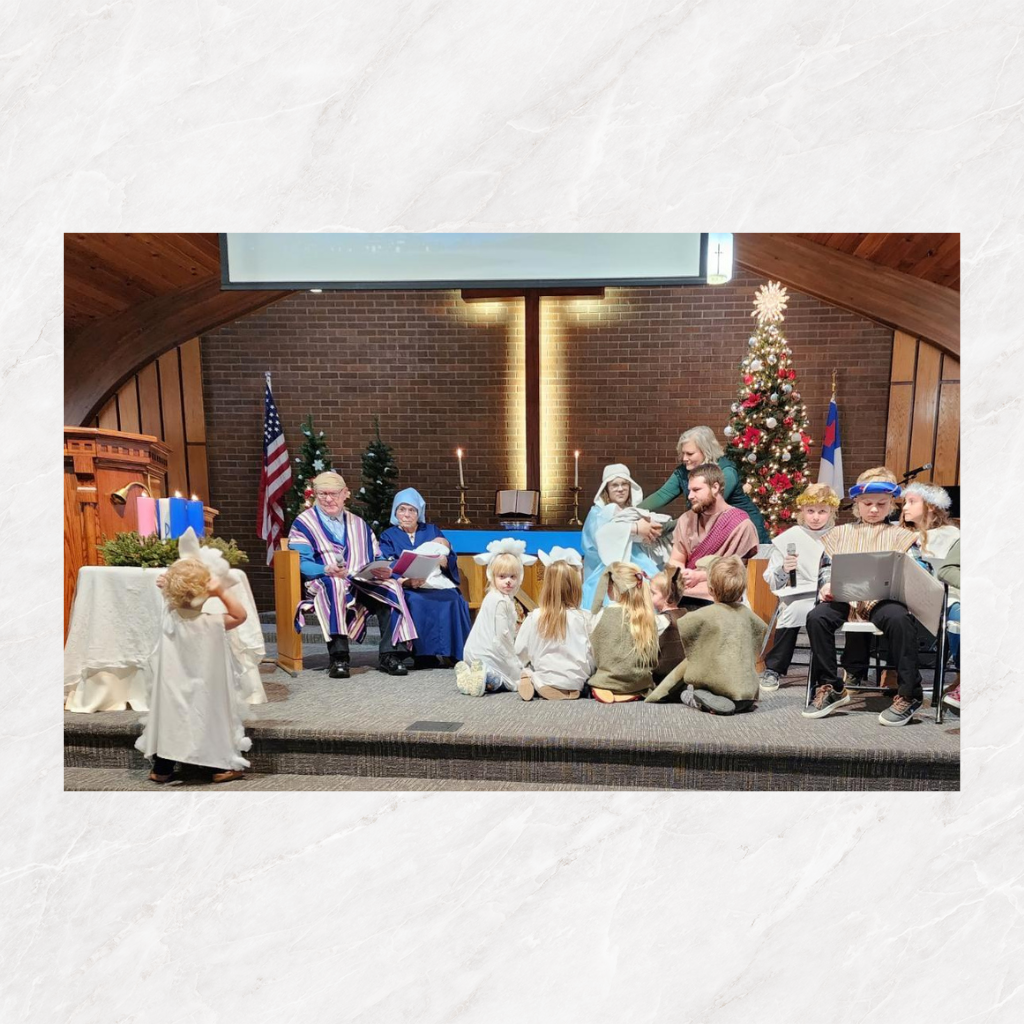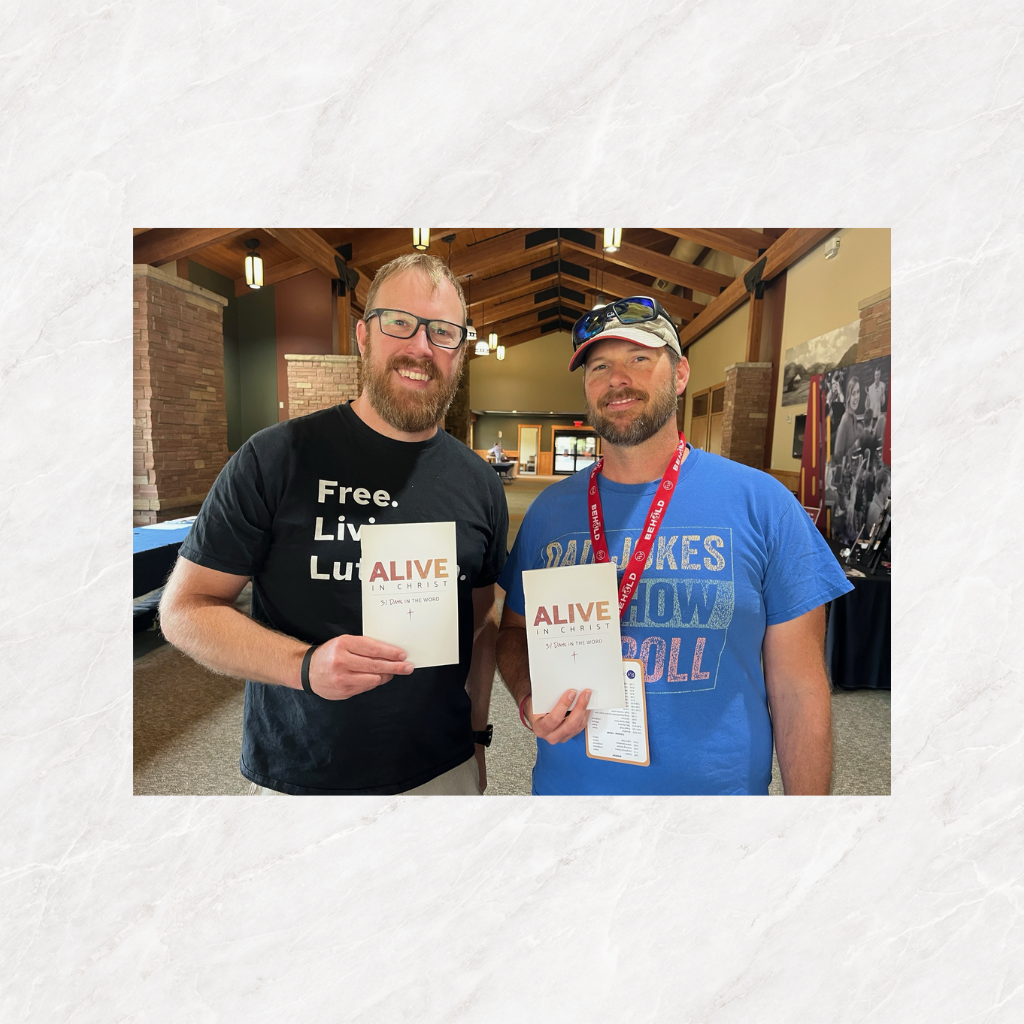Reviews
Luther on Vocation

In the preface to Gene Veith’s book, God at Work, he takes time to thank the individual who introduced him to a book on vocation. That book was Luther on Vocation by Gustaf Wingren, and it significantly influenced Veith. God at Work and Family Vocation, as well as other books written by Veith, bear the marks of the influence of Wingren’s work. I don’t remember who introduced me to Veith’s book, but before I was finished reading God at Work, I had ordered Luther on Vocation.
As the title indicates, Wingren has taken Luther’s theology on the topic of vocation and communicated that to us. Luther teaches that vocation is not about how we are justified before God—that comes about by God’s grace through faith in the Gospel. However, in this world the Lord gives us “stations” or various “vocations” by which He uses us to help and encourage our neighbor. These vocations are where the devil attacks and Christians “bear their crosses,” suffering through the battle of this life until they join their Savior in heaven.
Wingren’s writing helps us to understand that believers exist in two realms or kingdoms that operate in vastly different ways. As we understand the Scriptures’ teaching on this, we come to rest in Christ’s forgiveness for our salvation and to serve our neighbor joyfully and to his benefit. Wingren states it memorably in this way: “God does not need our good works, but our neighbor does” (p.10). As Wingren explores Luther’s writings, he shows the great usefulness of living and serving in the station in which God has placed us. Often, despite ourselves, we help our neighbors by continuing to be farmers, or doctors, or garbage men.
The most intriguing section to me is the definition of love and what it looks like in the world. Wingren describes how Luther makes clear that the Christian loves not in a stereotypical fashion, but “love discovers for itself what is of the greatest benefit to a neighbor” (p.49). What this means is that the “love” which we show to others is not found on a checklist. Through our vocations, God uses us to love people around us, helping them in ways that no other person might be able to care for them. Wingren’s treatment of Luther’s writing on vocation would be of great benefit to anyone who picks it up to read and hear what God’s Word teaches on this topic.
Pr. Dennis Norby
Hope Lutheran Church
Enderlin, ND
Order your copy here: Ambassador Publications Online Store

Prayer Partners in Christian Education

Presents with Presence

